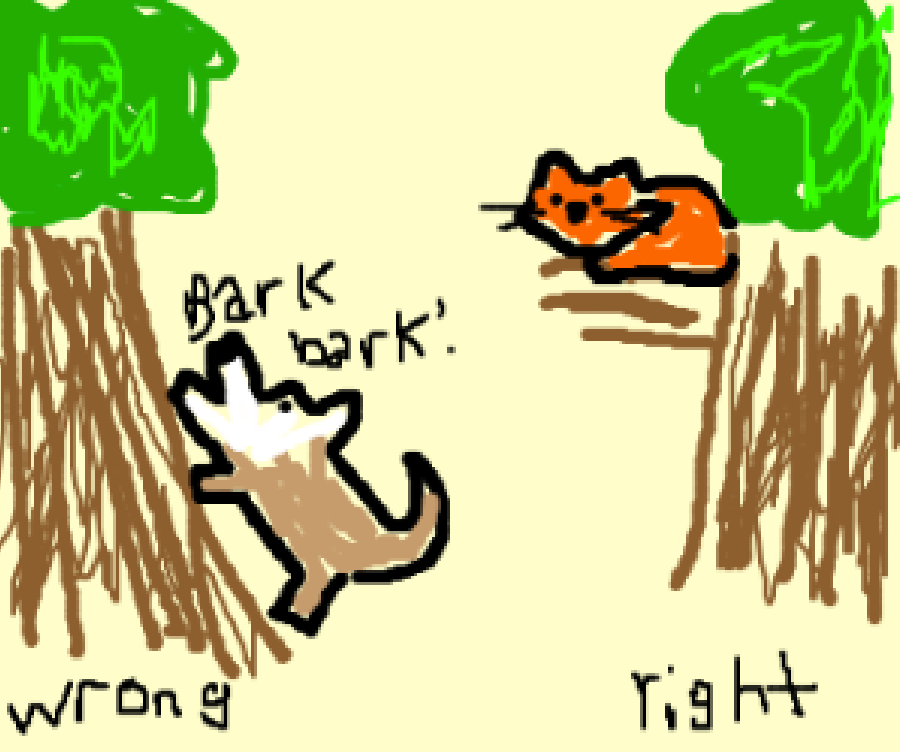Teach For America is Barking Up the Wrong Tree

It doesn’t take a Philadelphia lawyer to tell that the man who serves the master one day, and the enemy six, has just six chances out of seven to go to the devil. You are barking up the wrong tree, Johnson. — James Hall, Legends of the West.
Before I respond to the content of Miller’s January 13th post (yes, he already has another post up, dated January 16th, that we will also respond to on Tuesday), I must note that he is getting the authorship of the brief and these responses wrong. The brief itself has two authors, not one. Julian Vasquez Heilig is the first author, and Su Jin Jez is the second author. I, Su Jin Jez, am also the author of the response (Debate Rages: Response to TFA’s Supposition that New Brief is a “Retreat from Evidence”) to his original post and am also the author of this response.
Miller’s post notes two concerns: An issue with using peer-reviewed research (which is the same issue addressed in his first post) and an issue with our having made policy recommendations.
I’ll reiterate, the peer review process is far from flawless but it’s a standard whose goal is to provide some amount of veracity and rigor (We noted this past week in Science Magazine when the same fake article about a cancer “cure” was easily published in 157 for-profit “peer reviewed” journals). We used this standard as a way to reduce accusations of cherry-picking. Yes, we or another set of researchers could undertake a broader review, perhaps encompassing every study that any person has self-published on the impact of TFA. But that would have included studies that have been through no sort of vetting at all – and included evaluations that were funded by TFA itself, which clearly introduces bias. Moreover, a review of every study would have been unnecessarily long. (NEPC asked
